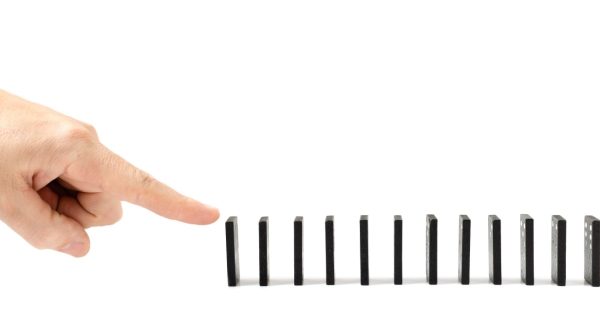Market volatility triggers spike in super engagement: HESTA

A new member survey conducted by HESTA found more than half moved to monitor their superannuation balances more closely in the wake of the US’ ‘Liberation Day’ tariffs announcement.
Of the 599 respondents, 43 per cent also said they would be more likely to check their super balance during periods of market volatility, raising concerns over “the potential dangers of [making] knee-jerk investment decisions”.
According to analysis of long-running data on the investment activities of HESTA members, there was a surge in members switching their investments around the time of the 2 April tariffs announcement and the market correction from the week commencing 7 April.
The data indicates a trend of investment switching activity occurring at the times when markets reach their lowest points in a cycle, particularly during the COVID-19 pandemic, the inflation-fuelled correction in 2022 and the correction in April this year.
“We recognise market volatility can be unsettling, but history shows that staying invested through the markets regular ups and downs has delivered strong long-term returns for our members,” HESTA chief executive, Debby Blakey, said.
“Super is a decades-long investment, and we actively manage our members’ savings, with investments well diversified and built to cope with extreme market events.
“Making snap decisions based on short-term market moves can mean locking in losses and missing out on the eventual market recovery. This can result in tens of thousands of dollars less at retirement.
“If feeling anxious, the best thing to do is seek advice that drives an outcome suited to your individual circumstances, which may vary depending on proximity to retirement. We also recommend engaging with your super more than just during market events.”
According to the data, members who decide to switch their investments typically pivot towards more “defensive” options, such as cash and term deposits, but new modelling has determined that making sudden moves during a market correction could leave super balances worse off.
The analysis found that if a member with a $100,000 balance switched from the most popular option, the default MySuper Balanced Growth, to the most defensive Cash & Term Deposits option during the COVID-19 pandemic in 2020, they could be more than $20,000 worse off in retirement savings five years later – even if they switch back after one year.
HESTA also confirmed that super returns have proven resilient since the 2 April tariff announcements and as of 30 September, with its MySuper Balanced Growth returning 8.03 per cent, compared to the 1.82 per cent returns for the Cash & Term Deposits option.











Horrific that this is even possible
This sounds like absolute BS and spin. Retail market seems fine to me
Here we go again. Calling Personal Advice ''á nudge''. Its one rule for Industry Super Fund & Labours Union mates,…
Arrogant Secretive Incompetent & Corrupt DIXONS = The perfect example of ASIC total failures and Canberra bury the investigation. Dixon’s…
This just further cements how clueless the Green Party is on basically all issues. Yes shield and first guardian but…